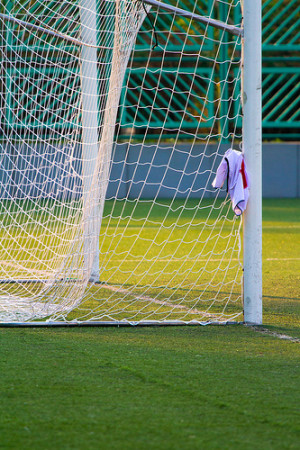
We’re continuing our series on how to create a logic model for your youth work programs – you can find the different parts of the series below:
- Part 1 – What Is A Logic Model?
- Part 2 – Identifying Problems & Behaviors
- Part 3 – Risk and Protective Factors
- Part 4 – This week
- Part 5 – A Recap
Once you’ve identified the problems in your local area (including negative behaviors that youth are exhibiting) and you’ve found out which risk factors and protective factors are important in the lives of your young people, then it’s time to pick your intervention or program.
Here are three things to consider when you’re at the stage to choose which programs you think will best address the issues in your community.
1. Curriculum
Decide whether you are going to create curriculum or buy it. If you’re in the US and considering buying curriculum, there are two reputable databases for evidence-based programs that are proven through research to address various problem behaviors:
- NREPP by SAMHSA
- Blueprints by the University of Colorado
2. Outcomes
Decide on the outcomes you are expecting – this should have already been started during the process of identifying problems and risk factors.
You should also start to set goals – both short and long term that can help you achieve them.
3. Evaluation
Be prepared to evaluate throughout your program and make changes where necessary.
Example
Using our example logic model from my locality, the following interventions have been chosen by my agency, our partners / coalition members and the local schools to address the behaviors and risk factors in our area:
- Teen Pregnancy – BART (ages 14+) and PHAT (ages 10+) programs
- Substance Abuse – Too Good for Drugs and Violence
- Low Graduation Rate – Life Skills Training and Graduation Coaches to help 9th graders start high school on the right track
To see these interventions in our basic logic model, click here.
Next week will be the last post in this series about creating a logic model.
Question: What are some of the interventions and programs you’ve started in your community following the research you’ve done? We’d love to hear about your programs in the comments below.
You can also connect with us by:
- Signing up to receive our posts via email
- Following us on Twitter
- Liking us on Facebook
- Signing up to our RSS feed
Image credit: See-ming Lee, Flickr